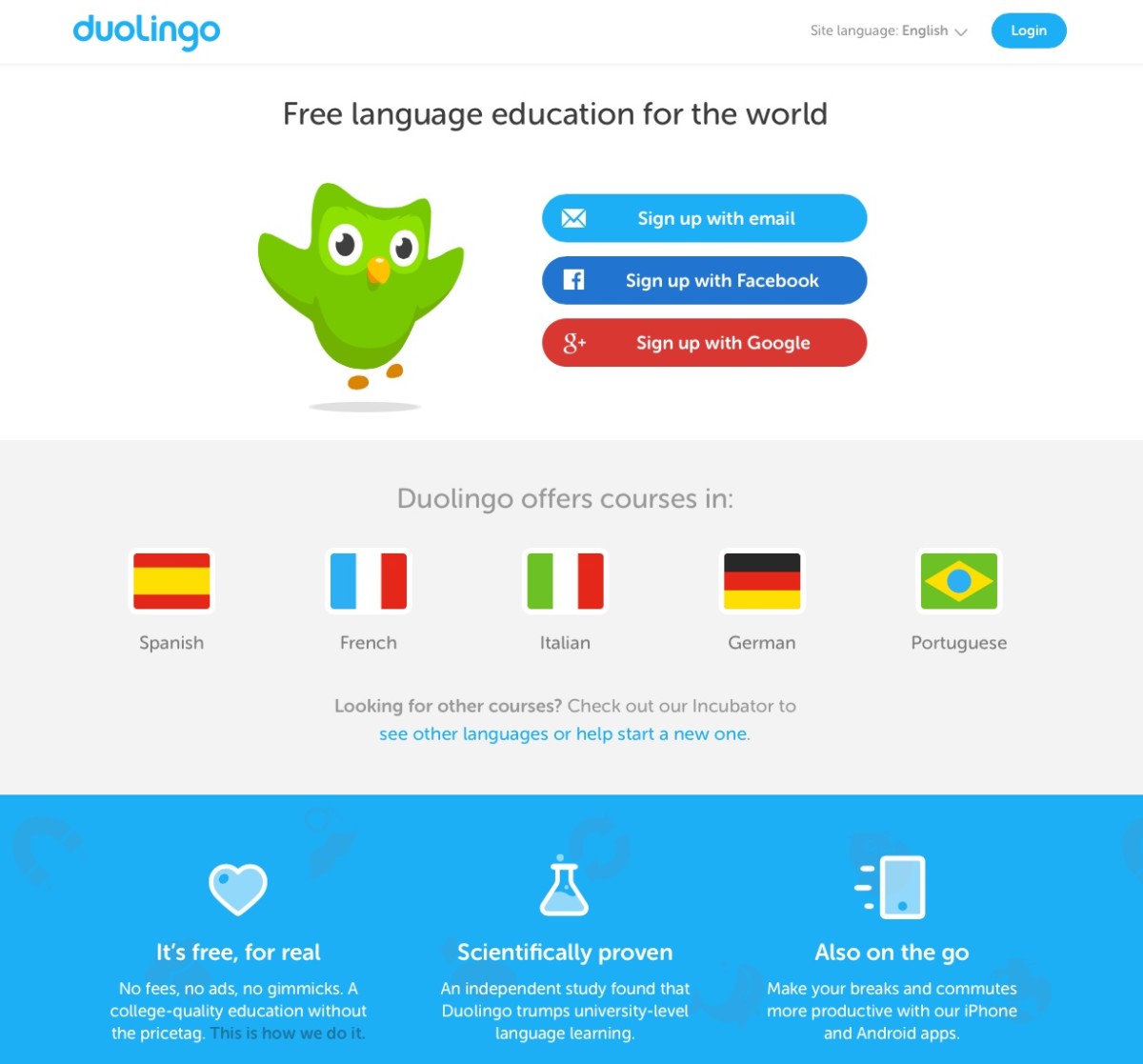FOREIGN LANGUAGE SURVIVAL TIPS
The language barrier does not have to be a problem when you travel in a foreign country. Here are some simple techniques to overcome language difficulties.

A FEW WORDS OF ADVICE
Nothing communicates like words, but you do not need to know a whole language to communicate. In fact, there are only a handful of words or phrases that a traveler has to know to communicate in any country. If you learn this core group of words, your travel experience will be much easier and enjoyable.
GOOD MORNING. People say good morning wherever you go, and in many countries they find pleasure in this simple daily ritual. You should be able to return their greeting in their own language.
THANK YOU. This is the word you will use the most. Thank you often prompts a polite response - such as grazie and prego in Italian. This can be a lovely exchange that will draw you into the culture.
OKAY. The English word okay is used in many countries, although each language has its own version. Okay has a multitude of uses in travel, anything from agreeing to take a hotel room to accepting a dinner invitation.
I WANT THIS. This is a very useful phrase for both restaurant and shopping. If 'I want this' is too difficult to learn, just use the word 'this'.
HOW MUCH (DOES IT COST). This phrase is essential for everyday business, like paying the taxi driver or buying food in the market. It will also keep you out of trouble with those who see the tourist as a walking wallet.

WRITTEN LANGUAGE
Written language cuts through the language barrier like a light in the dark. Pointing to a single word in a dictionary can explain what you need. An address written on paper will explain exactly where you want to go.
The written word comes in many different alphabets besides our Roman letters. Sanskrit, Cyrillic, and Chinese are the most common.
Here are some ways to use the written word to deal with both language and alphabet barriers.
Carry a pocket size language dictionary or phrasebook. Electronic translators are also available through travel suppliers. People are often fascinated by a book that translates their language into English, and this is a good way to get friendly with the locals.
In countries that use another script, people will not be able to read the Roman alphabet, so be sure to get a dictionary or phrasebook that has words written in the local alphabet. If you have hotel reservations, carry the hotel's address written in the local script so that your taxi driver can read it. You can find this information on the internet.
If you are traveling on public transportation, carry the name of your destination written in the local script. Ask the clerk in your hotel how to pronounce it.


ENGLISH IS THE GLOBAL LANGUAGE
English has become an international language. Children learn it in schools around the world. Adults take English language courses. They work or study in English speaking countries. Many absorb it from their television sets or radios.
Does this mean that everyone in China or Turkey speaks English? No. It means that the clerk behind your hotel desk will probably speak some English. It means the taxi driver or bus driver may know enough to talk to you. It means that in the often confusing chaos of foreign travel, a friendly passerby will know a few words to help you out.
Do not rely on people knowing your language. You need to know some of theirs.

MORE WORDS
The more words you know, the more you will be able to understand. But more than that, language is a window into the culture of the people who speak it. The more language you learn, the better you will understand the country you are visiting.
You need to learn a lot of words to go beyond the basics. The more time you spend in a country, the more proficient you get, but it is still a big jump from survival language to fluency.
Do not spend a lot of time learning numbers. Numbers are often written, and communication is usually not a problem. Knowing one through five is helpful, as well as some larger figures like one hundred or one thousand.
Here are some more useful words and phrases.
YES.NO
I UNDERSTAND. I DO NOT UNDERSTAND
HELLO. GOODBYE
I AM SORRY
I WANT TO GO TO . . .
WHERE IS . . .
BUS. BUS STATION
TRAIN. TRAIN STATION
WATER
YOUR NATIONALITY

PREPARATION
You do not need to spend hours studying to learn basic travel language. Fifteen minutes a day stretched over weeks or months is the best way to teach yourself. Repetition is the key. Pick a single word and look at it two or three times a day until you have it memorized. Start with the core group of words and expand from there.
Pronunciation can be a problem, especially if the language is very different from your own. Each language has its own rythm, and once you learn it, the correct pronunciation will follow.
You can learn basic travel language from a phrasebook. There are also workbooks that take you through a language course, but these are often time consuming and not relevant to a traveler's needs. An audio language cassette is good to use if you have difficulty with pronunciation.
Once you know some words, rent a movie in the language you are studying with subtitles in English. This is a good way to learn pronunciation and how words are used.
Understanding a country's culture is as important as knowing its language. Study the culture and history. It will enrich your journey.

HELPFUL RESOURCES
www.languagequest.com has a wide variety of language learning products, including dictionaries and CD-ROMs.
www.magellan's.com has digital pocket translators and other travel supplies.
www.word2word.com offers free language courses online.











